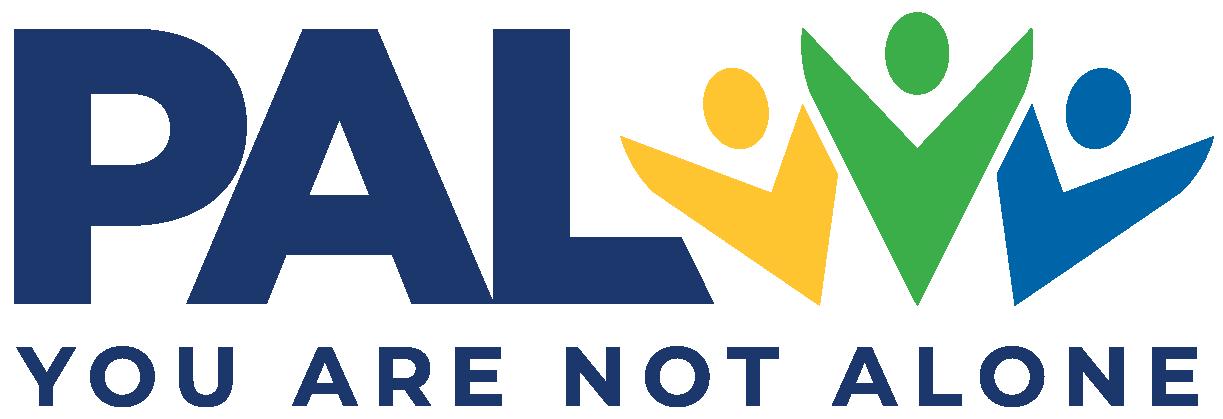
“We only want what’s best for you.”
I remember hearing this phrase from my parents at 19 years old. It was the beginning of my battle with substance use disorder and mental health issues. Sitting in a hospital room after my first overdose on heroin, I truly thought I knew what was “best for me.” And that best thinking got me loaded every time.
As I look back on my journey of recovery, I can see the chapters unfolding into each other. A seemingly endless saga marked by triumph and defeat. Through years of miraculous moments, and devastatingly painful pitfalls, it wasn’t until the last several years that I have been able to zoom out the lens I was looking through. To truly see the fibers of each fabric that wove together the tapestry of my story. To actually see the “big picture” and finally, what once I could only view as broken shards of pain, have started to reflect a beautiful mosaic. I am no longer broken; I am a portrait of hope.
When I began my journey through addiction and recovery almost 17 years ago, I remember the years without substances, the relapses in between, and the wisdom I gained each time I chose to get up. My parents were supportive and loving through all the chapters of my story, but there was always a common thread that I continued to believe. The lie I told myself – that I didn’t deserve true recovery. Working in substance use and behavioral health for over a decade, I saw many of my friends and co-workers thriving and growing through their sobriety and recovery. Yet I still believed that because of my history, I was somehow disqualified to experience what they had. The truth was, I was not ready to go to any length to get what they had…yet.
That all started to change the moment my family began their recovery journey. They started going to PAL meetings. They learned to say “no” to unhealthy helping. They began to realize that allowing me to suffer the consequences of my actions might allow me to get to a place where I would “step into life.”
I couldn’t see those “boundaries” for what they really were when I was active in my disease. I couldn’t see that my family truly wanted what was best for me. I certainly didn’t believe in myself enough to embrace what I knew would be best for me.
When I began my quest of learning to love myself, everything changed. I started seeing a counselor. I worked through the trauma of my past. I let go of the hurts I had been so hung up on. My sponsor helped me see that whether I felt like it or not – every day I would look in the mirror and tell the woman looking back at me that she deserves the best too.
I’m so grateful for my years of sobriety. I am honored to work in a field where I can witness firsthand how God uses our experiences to help others.
I’m so thankful for the confidence deep within myself that assures me that I really do deserve the best in life and I will settle for nothing less.
Jamie, In Recovery
